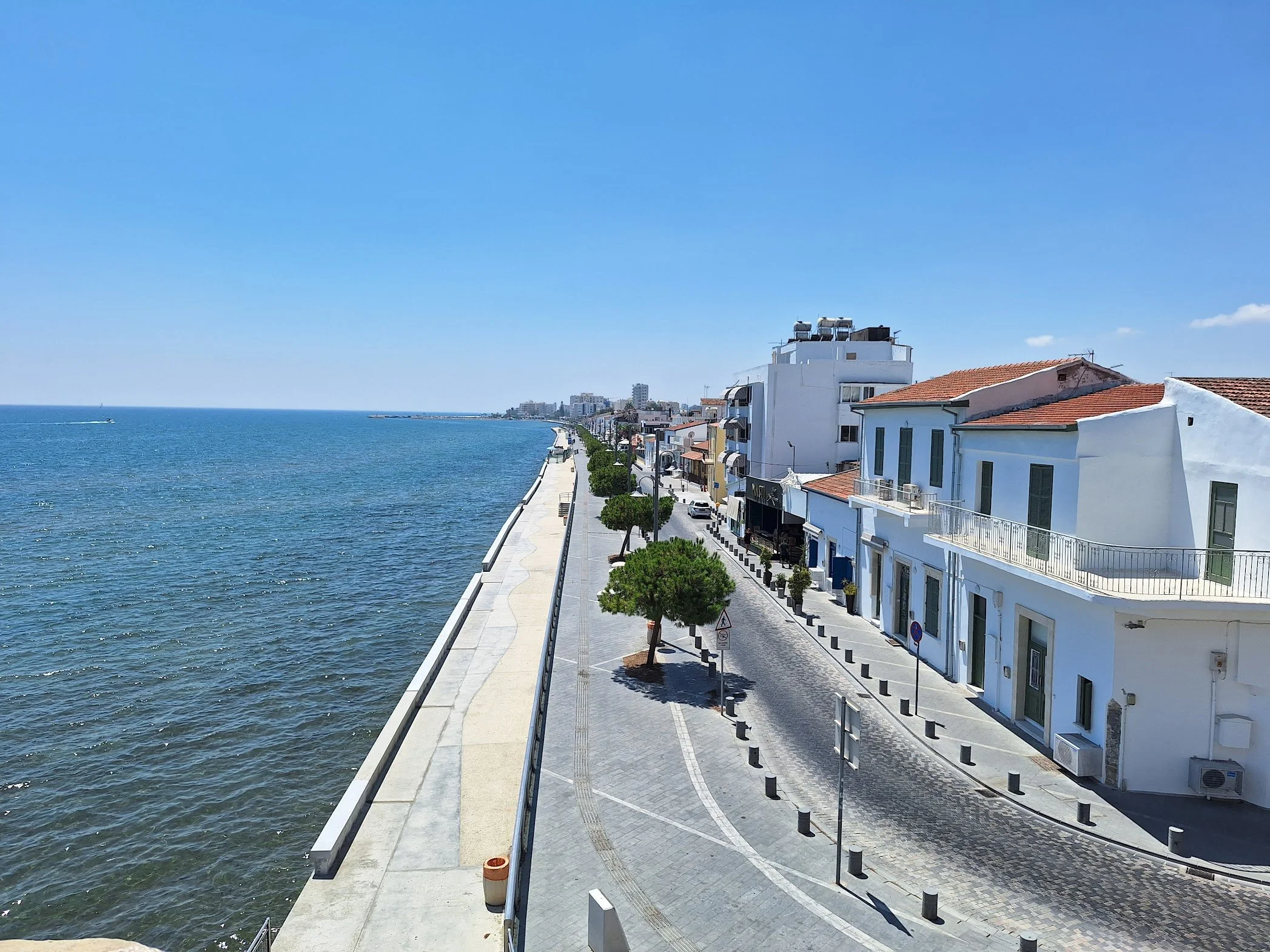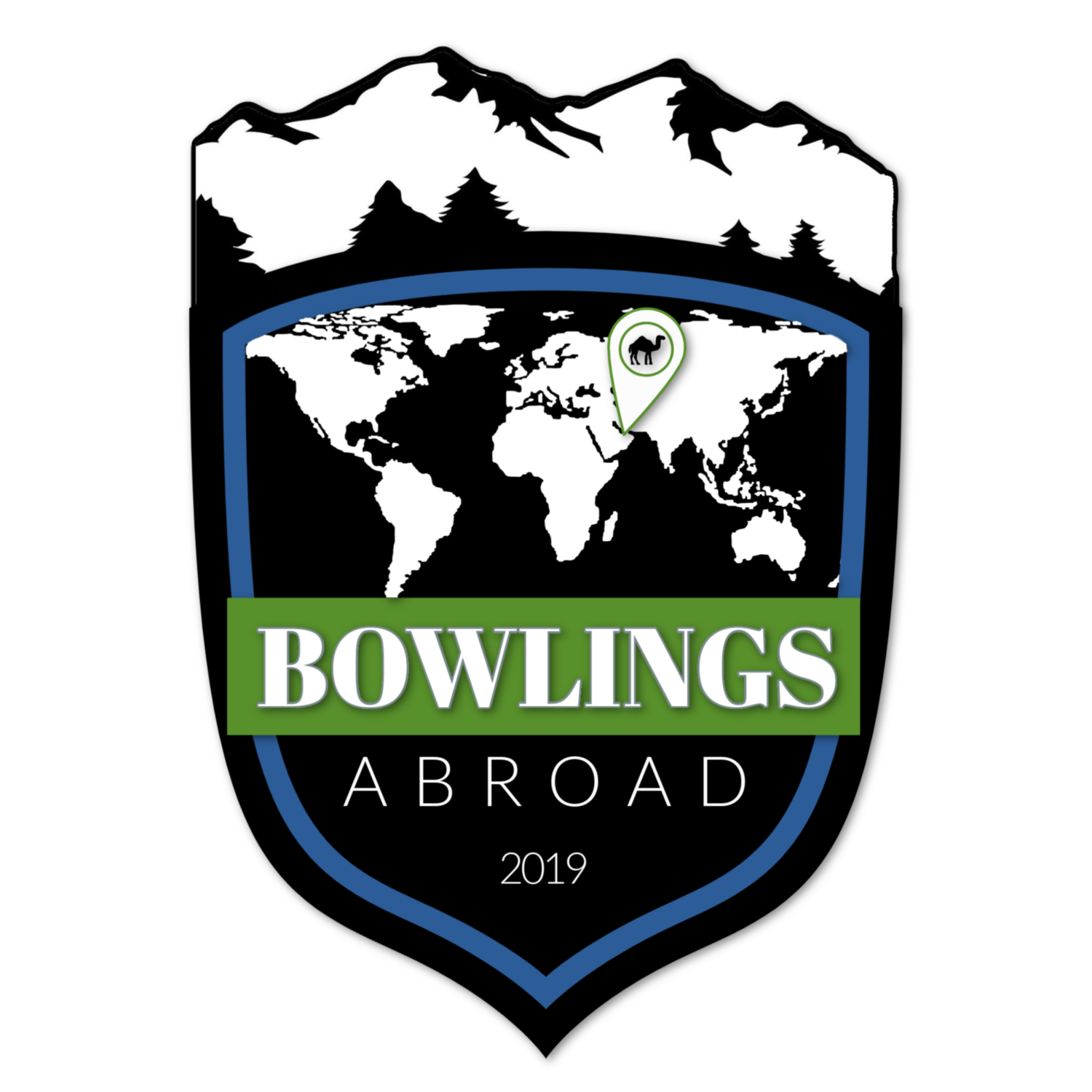Olive Branches and Battle Lines
A sea of blue, half liters of house wine, and a heaping bowl of feta covered Greek Salad —what more can one ask for? When we visited Greece in 2022 we loved it and pledged to return to the peninsula and its archipelago. But Athens is a long flight from the Gulf. Cyprus has much of the familiarity and allure of a Greek island, but is half the flight time.
With that in mind and a bit of jetlag from our time in the states, we hopped on a Wizz Air flight to Larnaca, hoping for a low-key vacation that did not disapoint.
We purposely planned nothing.
We did little research.
We knew they were on the Euro and there was smoke with Turkey. We let the warm, sandy winds guide the way: Wake up. Walk the beach to Gregory’s. Sip an Espresso Freddo and munch on a savory pastry. Walk the boardwalk back to our hotel. Post up at the pool or beach for most of the day. Late lunch. Nap. Walk to dinner. Wash & repeat.
As per usual, by the end of the week, we’d tried all the “must try” foods.
Spanakopita ✅ Kleftiko ✅ Cypriot Village Salad ✅ Grilled Halloumi ✅ Loukaniko (sausage) ✅ Halloumoti ✅ Moussaka ✅ Afelia ✅
After a few beach days we ventured into Old Town Larnaca on the extremely well-air conditioned public bus (2.40 Euro each way). Finikoudes beach offers a long boardwalk that is interrupted by the Medieval Ottoman Fort but then continues to McKenzie beach which is full of nightlife (but we’re too old for that).








Further into town, the narrow streets guide you to the Church of Saint Lazarus, which is rumored to be the same Lazarus that Jesus raised from the dead! Apparently he became a missionary on the island of Cyprus and eventually was buried under the current church.
For all the history and travel nerds, Cyprus had a wild ride in the 70s, largely thanks to Henry Kissinger. There was a coup d'état carried out by forces backed by Greece and then a counter invasion by the Turkish Army. We visited Famagusta, a city that was vacated by Greek Cypriots as the Turkish Army approached and is abandoned to this day, with its original inhabitants denied re-entry by Turkish forces.
Famagusta, Cyprus
Today the Republic of Cyprus is home to 1.25million people who mainly speak Cypriot Greek (although remember 10-ish% of population are ethnic Turks). Their culture is similar to Greece: shared religion, alphabet, and language. But you can also see the impact of centuries of Ottoman Rule and decades of British Occupation on the island.
Next time (because we’re definitely going back), we’ll head North and West, exploring the capital, Nicosia and the wine region of Paphos.



























